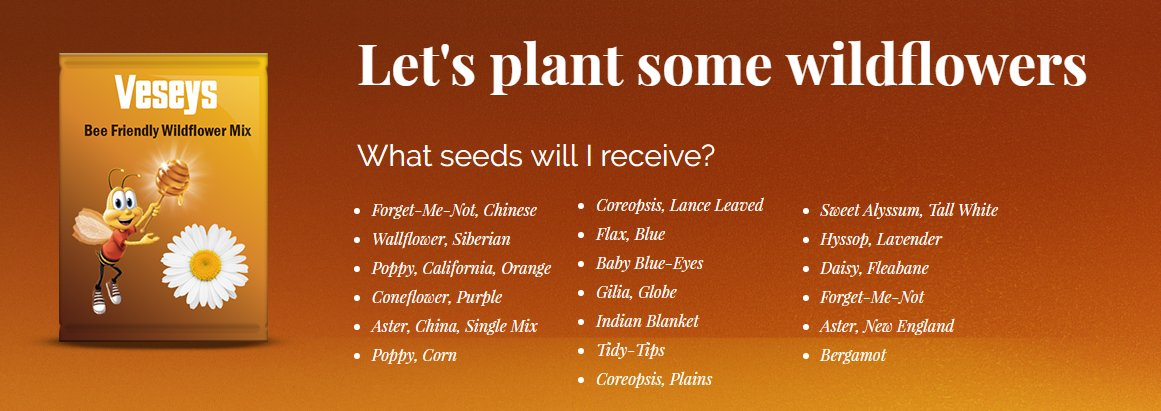Environment & Energy
Related: About this forumDon't Plant Those Bee-Friendly Wildflowers Cheerios Is Giving Away
Source: Lifehacker
Don’t Plant Those “Bee-Friendly” Wildflowers Cheerios Is Giving Away
Beth Skwarecki
Friday 8:00am Filed to: ENVIRONMENT
Bee populations are in decline, and Cheerios wants to help. So far, so good. But they are sending free packets of wildflower seeds to people all over the country—and some of the flowers included are invasive species that, in some areas, you should probably not plant.

Forget-me-not is banned as a noxious weed in Massachusetts and Connecticut, for example. The California poppy is nice in California, but listed as an “invasive exotic pest plant” in southeastern states. And many of the flowers on this list are not native to anywhere in the US, so they are not necessarily good matches for our local bees.
I asked Kathryn Turner, an ecologist who specializes in invasive plants and who was concerned about Cheerios’ approach, how it can be bad to plant a flower. “Context is important,” she said:
[font size=1]-snip-[/font]
Read more: http://lifehacker.com/don-t-plant-those-bee-friendly-wildflowers-cheerios-i-1793370883
The article goes on to suggest other things that can help bees.
ffr
(22,669 posts)The truth that their GMO crops are the reason honey bees and other pollinators are in decline.
Beeless Cheerios (Canadian test program)

In 2016, about 44 percent of bee colonies in the U.S. have collapsed. The collapse of bee colonies was attributed to many factors, including habitat loss, diseases, pesticides and climate change.
This is not the first time Cheerios launched such initiative to save the bee population. Last year, Cheerios' goal of distributing and planting 100 million wildflower seeds was greatly surpassed, reaching 1.5 billion seeds. The company has also announced that 3,300 acres of nectar- and pollen-rich wildflowers will be available in their oat farms by 2020. - Natural World News
Meaning, by 2020, they're going to find that unless the wildflowers they're distributing are GMO strain, they too will be casualties in their oat fields, along with the bees they attract there.
If General Mills is serious, they need to take a leadership roll and just ban Roundup Ready GMO crops. Heirloom and organic is the only sustainable future.
hunter
(38,310 posts)
https://en.wikipedia.org/wiki/Pandora's_box
The world's most dangerous invasive species is us.
In most places those honey bees so many people worry about are an invasive species too.
It'll all sort itself out in the next million years.
Kids who plant flowers may become biologists. That's a good thing.